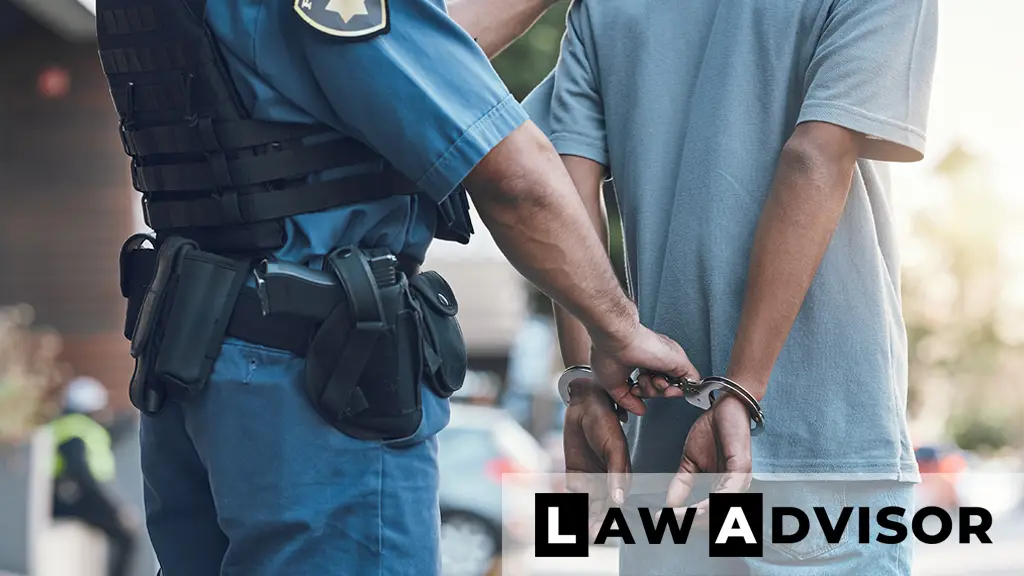Being arrested can be overwhelming — but understanding your legal rights in that moment is crucial. Whether you’re stopped for questioning or placed in handcuffs, knowing what you can and can’t do can significantly impact how your case unfolds.
This guide explains your rights when arrested, what law enforcement must legally provide, and how to protect yourself in the process.
You Have the Right to Remain Silent
This is the first and most powerful right you have after an arrest. You are not required to answer any questions beyond providing your basic identifying information (such as your name and date of birth).
- You can say, “I choose to remain silent.”
- Use this clearly — and then stay quiet
- Anything you say can be used against you in court
Do not try to explain, justify, or talk your way out of the arrest. Stay calm and quiet.
You Have the Right to an Attorney
Once arrested, you have the right to speak with a lawyer before answering any questions. If you can’t afford one, a public defender must be provided.
- Ask clearly: “I want to speak to a lawyer.”
- Do not continue talking until legal counsel is present
- Police must stop questioning you after that request
This right protects you from saying something that could harm your case — even if you’re innocent.
Police Must Read You Your Miranda Rights
The Miranda warning is required if officers intend to question you after arrest. It includes:
- Your right to remain silent
- That anything you say can be used against you
- Your right to an attorney
If the police fail to provide this warning and begin questioning, any statements you make may be inadmissible in court.
You Are Protected from Unlawful Searches
Police can only search your person and immediate surroundings without a warrant if they have probable cause. For anything beyond that:
- They need your consent
- Or they must obtain a search warrant
- You can calmly say, “I do not consent to a search.”
Never resist, but clearly voice your objection if you believe the search is improper.
What You Should Not Do When Arrested
While you have many rights, you also have responsibilities. Avoid the following:
- Do not resist arrest, even if it feels unfair
- Do not lie or give false information
- Do not argue or physically pull away
- Do not attempt to bribe or threaten officers
Remaining calm and respectful is one of the best ways to protect yourself legally.
After Arrest: What Happens Next?
Once you’re in custody, the next steps typically include:
- Booking: Your fingerprints, photo, and personal info are recorded
- Detention: You may be held until arraignment or released on bail
- Arraignment: You’ll be formally charged and can plead guilty, not guilty, or no contest
- Legal Process: A lawyer will guide your next steps
You’re still presumed innocent — and you still have rights every step of the way.
Final Thoughts on Knowing Your Rights
Understanding your rights when arrested is more than just smart — it’s essential. Whether you’re innocent or not, staying silent, asking for a lawyer, and avoiding self-incrimination can protect you from further complications.
Everyone has the right to due process. Knowing how to invoke those protections calmly and confidently gives you a real advantage.
More information on: ACLU guide to your rights
🧠 You May Wanna Check Out
- Miranda Rights Explained: What Police Must Tell You
- Can You Refuse a Police Search? Know Your Legal Rights
- What Happens After a DUI Arrest? Legal Consequences & Next Steps
Frequently Asked Questions
Can I walk away if I haven’t been arrested?
Yes — if you’re not being detained or arrested, you may ask, “Am I free to go?” If the answer is yes, you may leave.
What if I wasn’t read my rights during the arrest?
If the police failed to read your Miranda rights before questioning, your statements may not be admissible. However, the arrest itself may still be valid.
Do I have to let police search my phone?
No. You have the right to refuse access unless they have a warrant. Calmly state, “I do not consent to this search.”





